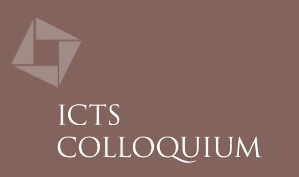Human beings have been experimenting with nature for the past two million years. Human approach to science can be divided into four distinct stages namely ad hoc, religious, pragmatic and axiomatic. Indian approach has been largely pragmatic. Indian contribution itself came in three distinct time phases, namely early period till about 1000 BC, the golden period from 1000 BC to 500 AD and the Siddhantic period from 500 AD onwards. The approach of the Indian scientific community was self-limited due to cultural constraints and hence did not produce the dramatic scientific revolution similar to that of Europeans. We will show that the exaggerated claims about Indians having anticipated many of the developments of modern science are not sustainable. However, based on the insights developed by Indian and other cultures, the Europeans, using an axiomatic approach, developed new insights with spectacular results. This approach is also now reaching its limits. In the light of this, we will discuss the future trends in science.
Colloquium
Speaker
Mayank Vahia (TIFR, Mumbai)
Date & Time
Mon, 10 October 2016, 15:00 to 16:00
Venue
Emmy Noether Seminar Room, ICTS Bangalore
Resources
Abstract


